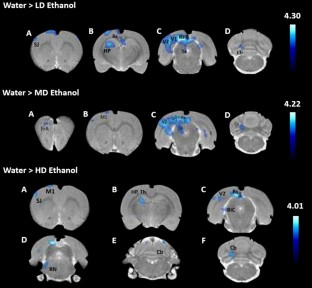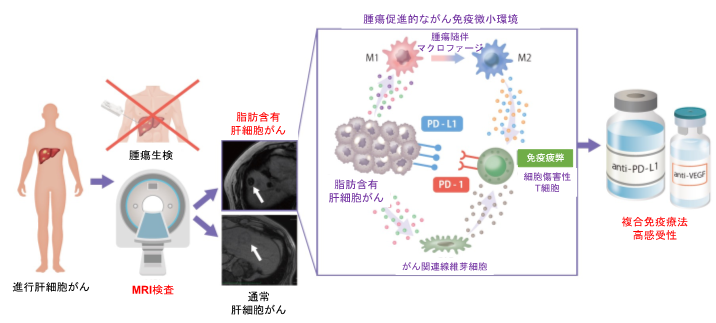2022-05-14 バッファロー大学(UB)
暴飲暴食とは、2時間以内に男性で5杯以上、女性で4杯以上の飲酒と定義され、暴力や事故死、記憶力の低下、がんや心臓病、その他の慢性疾患のリスク増加など、成人における多くの健康問題と関連しています。
暴飲暴食が青少年、特にまだ発達途上にある青少年の脳にどのような影響を及ぼすかは、これまで十分に解明されていませんでした。
このたび、バッファロー大学の研究チームは、同大学の依存症臨床研究所の資金提供により、乱飲が思春期のラットの脳に強力な影響を与えることを実証する前臨床研究を発表しました。また、低・中程度のアルコール量でも脳機能に大きな影響を与えることが明らかになりました。
この論文は5月14日、学術誌『Metabolic Brain Disease』に掲載されました。
<関連情報>
- https://www.buffalo.edu/news/releases/2022/05/001.html
- https://link.springer.com/article/10.1007/s11011-022-00977-8
アルコール乱用は思春期ラットの脳内グルコース代謝と機能的結合を低下させる Alcohol binge drinking decreases brain glucose metabolism and functional connectivity in adolescent rats
Cecilia Rapp,John Hamilton,Kaleigh Richer,Munawwar Sajjad,Rutao Yao & Panayotis K. Thanos
Metabolic Brain Disease Published: 14 May 2022
DOI:https://doi.org/10.1007/s11011-022-00977-8

Abstract
Alcohol misuse represents a serious health concern, especially during adolescence, with approximately 18% of high school students engaging in binge drinking. Despite widespread misuse of alcohol, its effects on how the brain functions is not fully understood. This study utilized a binge drinking model in adolescent rats to examine effects on brain function as measured by brain glucose metabolism (BGluM). Following an injection of [18 FDG] fluro-2-deoxy-D-glucose, rats had voluntary access to either water or various concentrations of ethanol to obtain the following targeted doses: water (no ethanol), low dose ethanol (0.29 ± 0.03 g/kg), moderate dose ethanol (0.98 ± 0.05), and high dose ethanol (2.19 ± 0.23 g/kg). Rats were subsequently scanned using positron emission tomography. All three doses of ethanol were found to decrease BGluM in the restrosplenial cortex, visual cortex, jaw region of the somatosensory cortex, and cerebellum. For both the LD and MD ethanol dose, decreased BGluM was seen in the superior colliculi. The MD ethanol dose also decreased BGluM in the subiculum, frontal association area, as well as the primary motor cortex. Lastly, the HD ethanol dose decreased BGluM in the hippocampus, thalamus, raphe nucleus, inferior colliculus, and the primary motor cortex. Similar decreases in the hippocampus were also seen in the LD group. Taken together, these results highlight the negative consequences of acute binge drinking on BGluM in many regions of the brain involved in sensory, motor, and cognitive processes. Future studies are needed to assess the long-term effects of alcohol binge drinking on brain function as well as its cessation.


